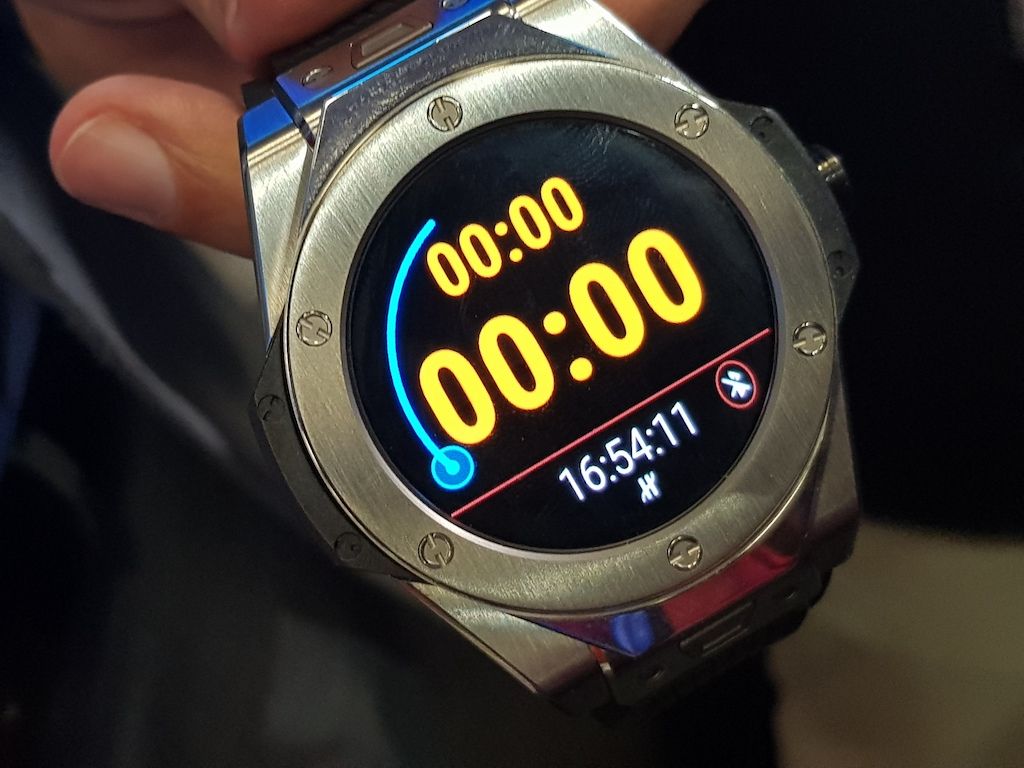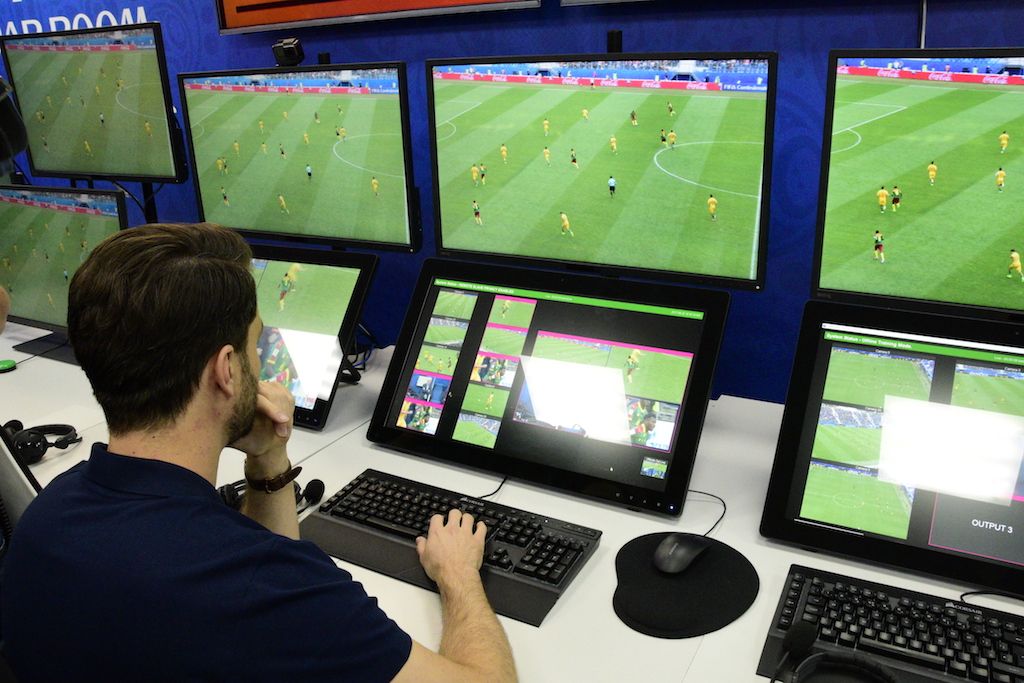The video referee technology expanding to all national leagues?!
“Football is changing after many years! The VAR will help referees make fairer decisions”, this is how the upcoming changes which will help referees in the form of video technology were presented by Massimo Busacca, FIFA's referee boss, at a press conference held at the press centre of the Luzhniki Stadium in Moscow.
Many controversies were triggered by the decision of FIFA, the world's main football organization, to fully implement the modern VAR technology at the World Cup in Russia. As always, some like it and some do not. The VAR technology was tested at less important tournaments, it is used by the MLS league in the United States and by numerous European leagues (Bundesliga, Serie A...), but not in England whose leaders are unsure about its introduction.
In order to introduce the VAR technology for all 64 games, the Russians have set up two additional offside cameras at each stadium, in addition to regular broadcast cameras. The signal is transmitted by optical cables to the IBC (International Broadcasting Centre) near Moscow, where the central VAR control centre is located, with four VAR referees. If the main referee calls for “help,” they will explain him the incident in question via radio communication technology, describe what they see on the screens and suggest a solution, which the referee can accept or decline.
The technology in question is very complex, as witnessed by the journalists accredited to the World Cup who had a chance to visit the VAR centre and see for themselves how the system really works. The VAR referees will have access to 33 cameras from each stadium, and eight of them will feature “super slow motion and ultra slow motion recordings” in the HD resolution, and some even in the UHD resolution. The better resolution simply does not exist!
“We are ready, we know we have to be ready because here at the World Cup there cannot be any experiments. This is like being a team at the World Cup which did not play well and was making mistakes, but now we play a lot better. No team came in perfect shape at the World Cup, and we are no exception. We know that some things have to be improved,” said former Swiss referee Busacca, stressing that he believes that waiting for a decision on a controversial incident is worthwhile, in order to reduce the risk of errors that can lead to unjustly scored goals.
Another new feature is that, while the controversial situations on the pitch are being discussed via “a hotline” with the VAR centre near Moscow, fans will be able to see what is happening on large screens and they will see how the final decision was made.
Famous former Italian referee Pierluigi Collina, president of the FIFA Referee Committee, stressed that VAR referees would sweat under stress. “Believe me. They will not have an easy job. They cannot come to the VAR' ‘studio’ in a shirt, a suit and a necktie – and therefore they will be in regular referee uniforms. It is time for this technology to prove itself worthy of the modern game; the time has come for action,” said Collina, sharply dismissing the speculation that VAR would degrade the spontaneity of football.
The VAR technology usually leaves players in doubt whether they should celebrate a goal or wait for the final decision. “Would you prefer to celebrate a wrongly-admitted goal or interrupt the celebrations?” asked Collina the journalists, and concluded that the decision made by the VAR is the only thing that matters in the end.
If there are racist or discriminatory incidents during matches, referees will proceed with a "three-step procedure," and stop the match and demand that the chants and incidents cease. “If this does not succeed, they can again stop the match and ask for such behaviour to stop. The final step is to simply abandon the match,” Collina concluded.
Apart from the VAR, referees will this year wear a truly exceptional watch – a special Hublot "Big Bang" watch that will not be available for sale and was produced especially for the World Cup. Referees will receive a signal when the ball passes a goal line, which has already been discreetly tested at some matches in 2017.

The special commercial version of the watch (2018 units in total) will be on sale and can be purchased for “only” 4,950 euro.
Indeed, a new era of football is ahead of us.



